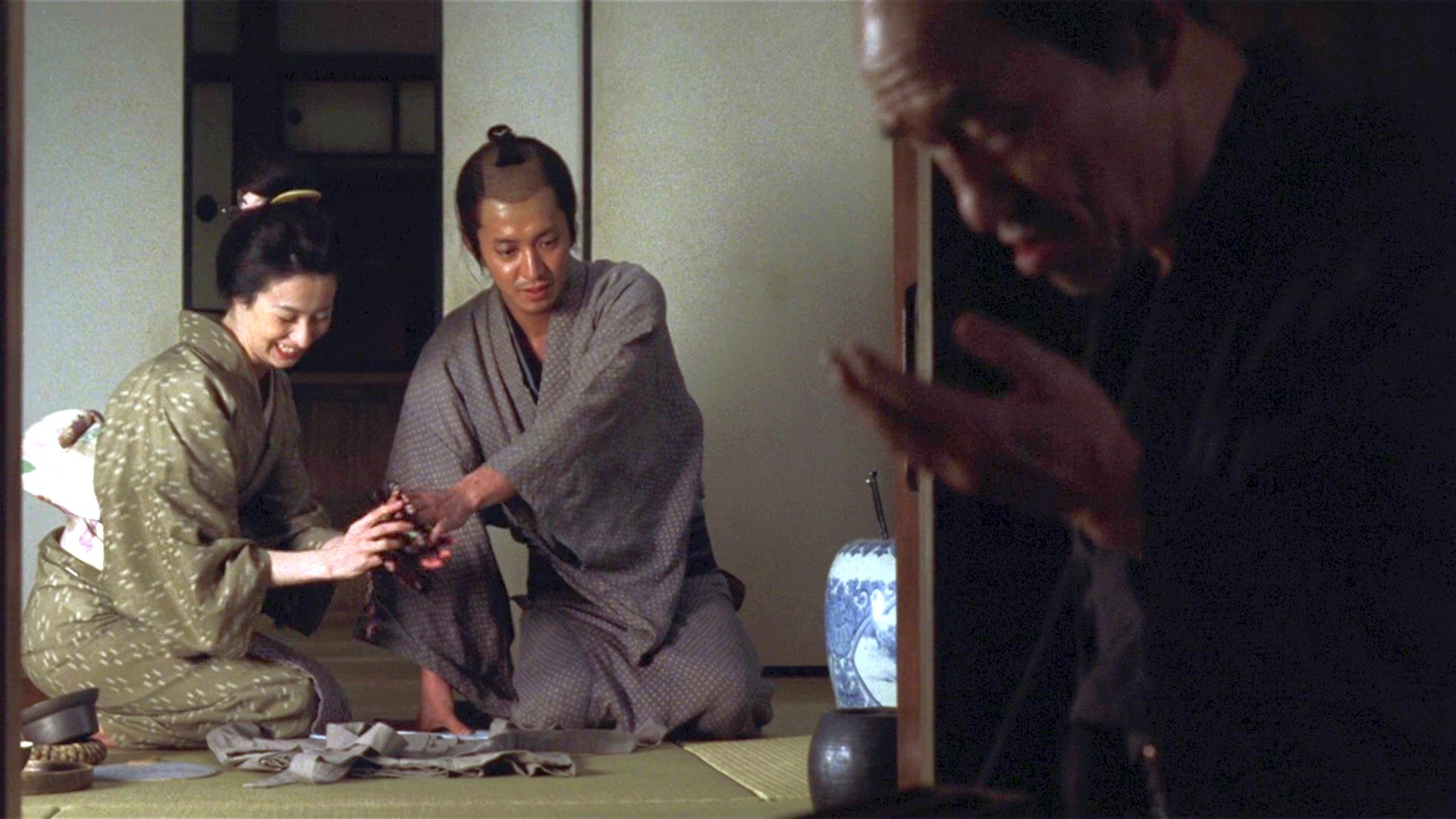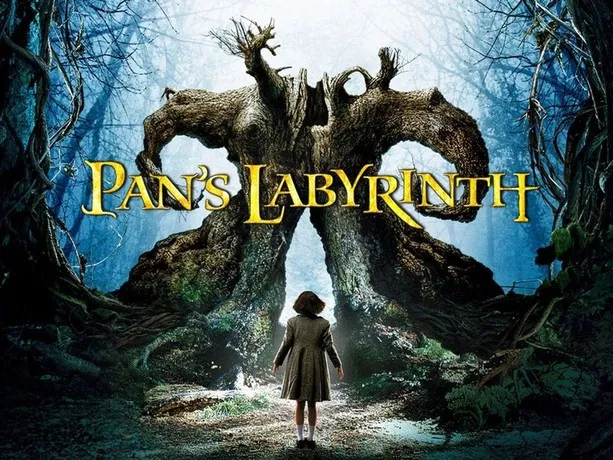Bushi No Ichibun, literally “A Portion of the Warrior,” is imagined as a gripping samurai drama set in late Edo-period Japan, focusing on honor, loyalty, and personal reckoning. The film centers on Kenshiro Ishikawa, a middle-ranking samurai whose life is upended when his lord is implicated in a conspiracy between rival clans and corrupt shogunate officials.
Kenshiro has always embraced the code of bushidō, but when he is ordered to execute an innocent peasant accused of treason, his faith in the system fractures. Torn between obedience and conscience, he spares the man—but the act brands him a traitor. Cast out from his clan, Kenshiro embarks on a journey of atonement.
The peasant, Yūji Takahashi, turns out to be a strategic mind with covert ties to dissidents working to expose the corruption poisoning the feudal system. Reluctantly, Kenshiro becomes his protector. As they travel across besieged villages and mountain passes, they are pursued by Kenshiro’s former mentor, Judge Hayato, who believes in rigid justice and will stop at nothing to bring Kenshiro to heel.
The narrative weaves intense duels with internal moral conflict. Kenshiro’s swordsmanship remains precise and purposeful, but each clash is framed by doubt: is he fighting for justice—or simply fulfilling one more command? Yūji’s idealism and Kenshiro’s burden of guilt create a thematic tension: the cost of change versus the comfort of tradition.
Visuals in Bushi No Ichibun embrace minimalist landscapes—wind-swept fields, silent shrines, and candlelit courtyards—creating a meditative atmosphere. Costume and setting faithfully evoke 19th‑century Japan’s stark beauty and oppressive social order. The film intersperses silent tableaux with brief, explosive combat scenes in tight choreography, emphasizing that the real battle is often internal.

The climax unfolds in a ruined fortress during a torrential rainstorm. Kenshiro confronts Judge Hayato in a duel that becomes philosophical: blades clash amid thunder and mud while they debate duty versus justice. Kenshiro prevails—but spares Hayato, refusing to kill a man who still believes he upholds order. Instead, he offers himself for judgment, hoping to ignite reform rather than revenge.
Commentary
Bushi No Ichibun stands out as a thoughtful examination of bushidō in crisis. Instead of traditional sword epics, it opts for emotional subtlety: the warrior’s true struggle is wresting honor from flawed institutions. Kenshiro’s journey reflects the universal tension between obedience and moral autonomy.
The film’s pacing is deliberate but never dull. Quiet conversations and long gazes carry as much weight as sword strikes. Yūji serves as a beacon of change, juxtaposing Kenshiro’s internalized duty with a more progressive vision of justice.
This imagined film would appeal to fans of samurai cinema with philosophical depth—think Harakiri or Twilight Samurai—offering them a meditation on legacy, sacrifice, and the possibility of redemption within rigid systems.
Ultimately, Bushi No Ichibun (2025) is a celebration of personal integrity amid societal breakdown. It affirms that even a single blade, wielded with conscience, can cut through entrenched corruption—and restore a portion of honor worth fighting for.

-1754100342-q80.webp)

